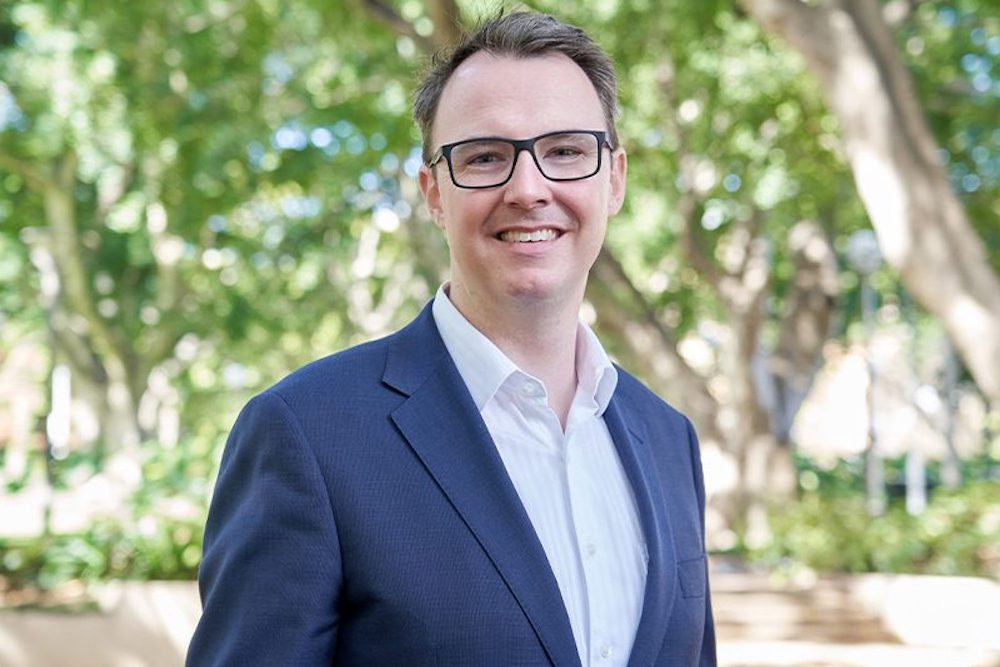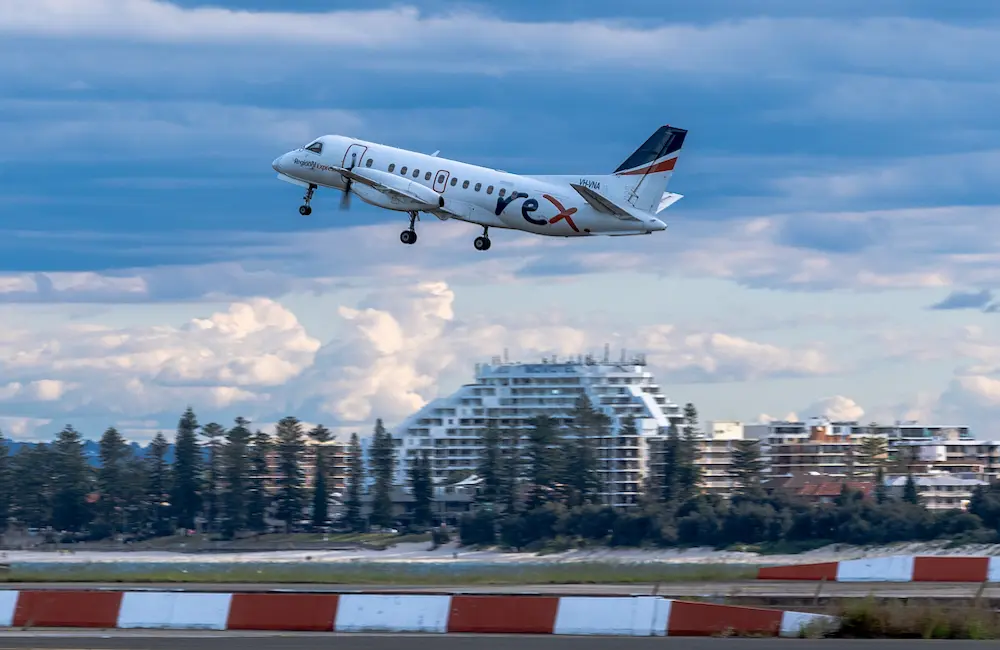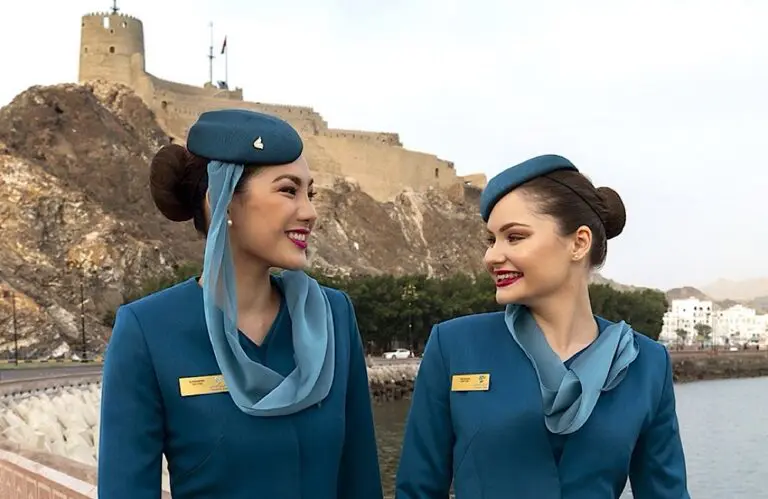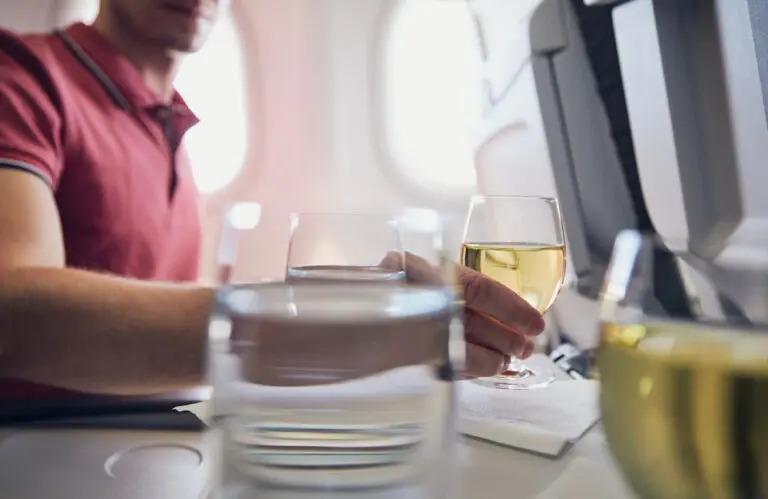The 2025–26 Federal Budget has been met with mixed reactions from the travel and tourism industry, with targeted support in some areas but a lack of broad-scale measures to assist struggling businesses.
While funding for Tourism Australia remains intact and regional aviation receives a boost, industry leaders say more needs to be done to address key challenges such as workforce shortages, airline competition and small business relief.
Small gains for small business

The Australian Travel Industry Association (ATIA) has acknowledged the Federal Budget’s limited direct benefits for small businesses, which make up a major portion of the travel sector.
While some relief measures were extended – including a six-month energy rebate worth up to $150 for around one million small businesses – key initiatives like the National Small Business Strategy remain unfunded, and the future of the Instant Asset Write-off remains uncertain.
However, ATIA sees the $1.5 billion reserve fund as an opportunity for future industry support, and says it is actively advocating for policies that will strengthen airline competition, fill workforce gaps and enhance protections for accredited travel agents.
“Unfortunately, this year’s Federal Budget contains limited new support for business, including small businesses. While there are some helpful measures, the broader strategy and investment our sector needs weren’t on show,” ATIA CEO Dean Long said.
“Looking ahead, the $1.5 billion in reserved funding for ‘decisions taken but not yet announced and not for publication’ presents an important opportunity to back trusted travel businesses, build workforce capacity, and support regional and domestic connectivity.
“With the federal election approaching, ATIA will continue working closely with both sides of Parliament. We’re about to launch our Election Hub which will help ensure travel businesses are heard.”

Tourism Australia & regional aviation secured
Meanwhile, the Australian Tourism Export Council (ATEC) has welcomed the Government’s continued financial backing for Tourism Australia, ensuring its vital role in attracting international visitors remains uninterrupted.
“Securing consistent funding for Tourism Australia is essential for effectively promoting destination Australia, which is crucial for the industry’s recovery and long-term growth,” ATEC Managing Director Peter Shelley said.
“As the industry rebuilds in a changed global environment, businesses are adapting to more diverse markets and travellers which require not just strong marketing, but targeted support to compete and grow.
ATEC has also praised the Federal Budget’s support for Rex Airlines, recognising the carrier’s role in maintaining critical regional connections.
However, the council has called for more investment in regional aviation infrastructure, as well as improved visa processing, workforce incentives and expanded training programs to strengthen Australia’s tourism competitiveness.
“As one of Australia’s leading export sectors, tourism needs targeted investment to rebuild international distribution networks, strengthen aviation access and address persistent workforce shortages,” Shelley remarked.
“With an election on the horizon, we urge all parties to prioritise policies that support Australia’s export tourism industry and the thousands of businesses and jobs it sustains.”
Govt support for Rex

Elsewhere, the Transport Workers Union (TWU) has strongly backed the Federal Government’s commitment to potentially acquiring Rex Airlines if private sale efforts fail.
The Federal Budget papers confirm continued financial support for the struggling carrier, including an $80 million loan for operations and the acquisition of $50 million in debt.
“The Federal Budget has delivered what regional communities and aviation workers desperately needed – a strong commitment to step in and secure Rex’s future if the market fails to deliver,” TWU National Secretary Michael Kaine said.
“This will maintain regional connections, recognising that essential national infrastructure requires public investment and oversight.
“After decades of aviation policy that privatised profits while socialising losses, the government is acknowledging what workers have long understood – some services are too important to be left for corporate vultures to pick at.”
Recent YouGov polling indicates strong public approval for government intervention for Rex, with most (71%) Australians supporting measures to maintain its regional air services.
Tourism report card

While the Federal Budget was handed down, the Australian Government also released the tourism results of its International Visitor Survey, which provides annual statistics on how international visitors travel in Australia.
According to the Tourism Research Australia (TRA) data, tourism spend in 2024 reached $32.9 billion, which was 5% up on 2019 levels.
Meanwhile, the number of visitors hit 7.6 million (up 88% on 2019 levels) and total nights spent in Australia reached 294.9 million (a 7% decrease on 2019).
Total visitor spend was $48.9 billion (including spend outside Australia), which was 8% up on 2019 levels.
When it comes to the reasons for travelling, holiday travel led the way with 3.2 million trips, reaching 81% of pre-pandemic levels and generating $11 billion, a 5% increase on 2019.
Visiting friends and relatives saw 2.6 million arrivals (matching 2019 numbers) with spend surging 21% to $5 billion, while business travel reached 779,000 trips (77% of 2019 levels), contributing $2 billion, nearly back to pre-pandemic spending.
New Zealand remained Australia’s top market with 1.3 million trips, followed by China (829,000), the US (669,000), the UK (605,000), and India (421,000).
India was the only market to surpass 2019 visitor numbers, with a 12% increase.
Overall, spending from top markets showed strong growth, with Chinese visitors alone contributing $8.1 billion – 78% of 2019 levels.






